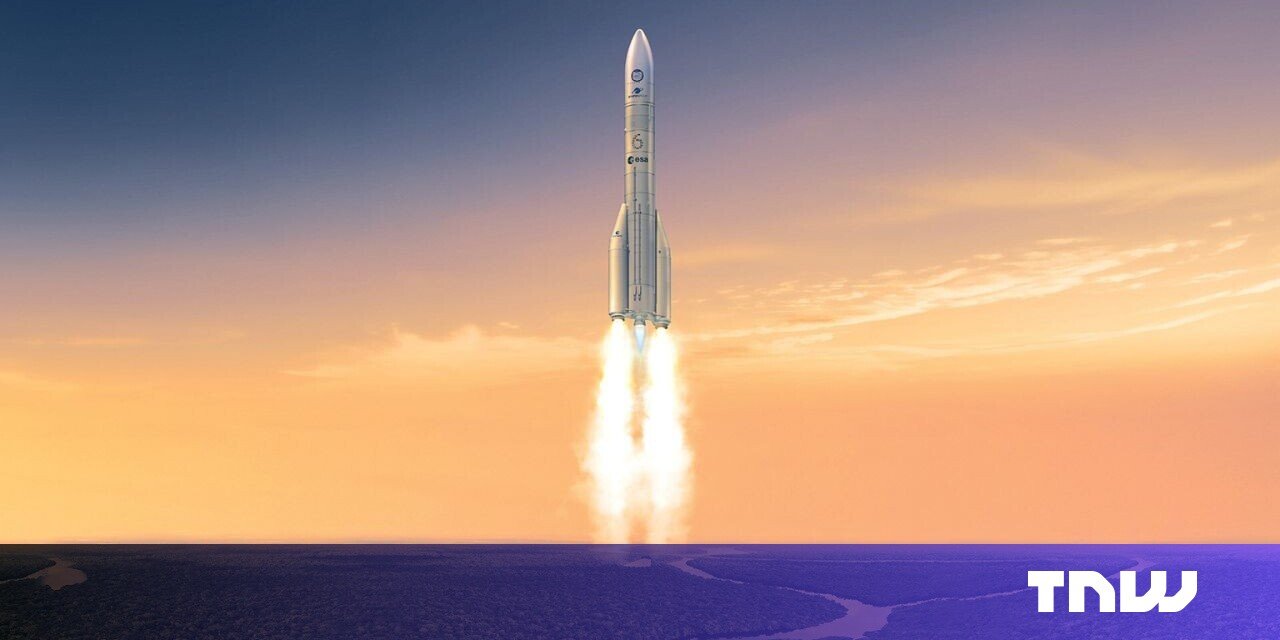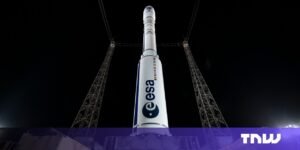

Finally, Europe has regained independent access to space.
The continent reestablished a sovereign launch capacity on Tuesday with the maiden flight of the Ariane 6 rocket.
Built to take satellites into orbit, Ariane 6 lifted off from the European Spaceport in French Guiana at 16:00 local time (21:00 CEST).
The rocket is now soaring into the cosmos with a payload of satellites and experiments. Once the cargo is dropped off, Ariane 6’s upper stage will burn up to reduce space trash.
The demonstration mission aims to prove the launcher’s capabilities. It alsos close a dismal chapter for the European Space Agency (ESA).
Since the retirement of Ariane 5 last July, Europe has relied on Elon Musk’s SpaceX to send satellites into orbit.
Thierry Breton, the EU’s commissioner for the internal market, described the problem as an “unprecedented crisis.” With the arrival of Ariane 6, that crisis is finally over.
Nonetheless, doubts about the rocket persist.
Ariane 6’s future
With a whopping €4bn price tag and a four-year delay, the development of Ariane 6 has sparked controversy.
Critics have also questioned the launcher’s expendable build. Among them is Musk, whose SpaceX rockets cuts costs and turnaround times by reusing their boosters.
Musk has advised competitors to follow a similar path.
“They need to go all-in on reusability or be utterly uncompetitive,” he said last July. “Rockets are no different from other transport technologies, just harder to make reusable. No one would buy a single-use airplane, car or even bicycle! You’d need to tow another car just for the return trip.”
In response, ESA argued that a reusable design would be too expensive. “Our launch needs are so low that it wouldn’t make sense economically,” Toni Tolker-Nielsen, the agency’s director of space transportation, told SpaceNews in June.
Following the inaugural flight, ESA can at least celebrate renewed access to space. The agency now plans to make nine or 10 launches per year.





